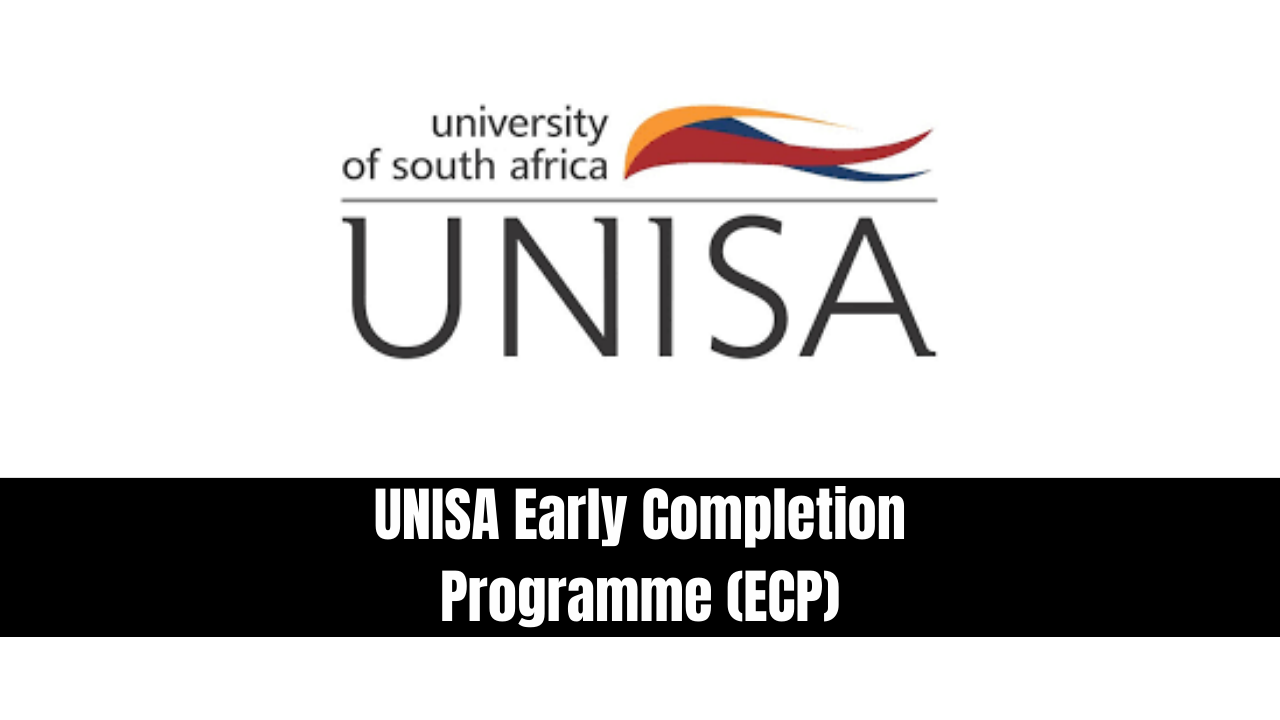How Does the Invigilator App Detect Cheating? In the digital age, the integrity of examinations is paramount. With the advent of sophisticated technologies, educational institutions are increasingly turning to advanced solutions to uphold exam fairness. One such innovation is the invigilator app, which integrates artificial intelligence (AI) to meticulously monitor assessments and detect any irregularities that could indicate cheating. This article explores the mechanics behind these AI-driven applications and their growing significance in modern education.
AI-Based Invigilation Systems
Artificial intelligence is revolutionizing various industries, including education. In the context of invigilation apps, AI acts as the core technology that ensures the authenticity and fairness of examinations conducted remotely or even in traditional settings. By employing complex algorithms and machine learning models, these applications can analyze vast amounts of data in real-time to identify anomalies that may suggest malpractice.
How AI Invigilator Apps Work
The primary function of an AI invigilator app is to authenticate the identity of the examinee and continuously validate that the same individual is present throughout the examination. This is typically achieved through facial recognition technology, which compares the candidate’s face against an ID photo submitted prior to the test.
Furthermore, these applications monitor the test-taker’s behavior and environment through audio and video feeds. AI algorithms are trained to flag unusual patterns such as suspicious eye movements, the presence of unauthorized materials, or another person in the room. For example, if the system detects consistent eye movement away from the screen or hears whispering, it can flag these actions for further review.
The Benefits of AI in Exam Proctoring
The integration of AI into exam invigilation offers numerous benefits:
- Enhanced Security: AI reduces the risk of impersonation and other forms of cheating, ensuring that the assessment results are a true reflection of a student’s capabilities.
- Scalability: With AI, institutions can administer exams to a large number of students simultaneously, regardless of their geographical locations.
- Efficiency: AI-driven systems provide real-time monitoring and instant feedback on potential integrity breaches, which is more efficient than manual monitoring.
- Fairness: By standardizing the detection of suspicious activities, AI ensures a level playing field for all examinees.
Challenges and Ethical Considerations
While AI invigilator apps offer significant advantages, they also raise ethical and practical concerns. Privacy issues emerge from the constant surveillance of students, and there are questions about the accuracy of AI in differentiating between legitimate behavior and cheating. Moreover, the potential for false positives—where innocent behaviors are misinterpreted as cheating—can lead to unfair consequences for students.
READ ALSO
- Unisa Online Application 2025-2026
- UNISA Application Status Check
- 1 Year Diploma Courses at UNISA
- UNISA Application Fee Banking Details
Conclusion
AI-powered invigilator apps are transforming the landscape of educational assessments by enhancing security and maintaining the integrity of exams. However, developers and educational institutions must address the challenges and ethical implications associated with their use. As technology evolves, so too must the frameworks governing its application to ensure fairness and accuracy in AI-assisted exam proctoring.






